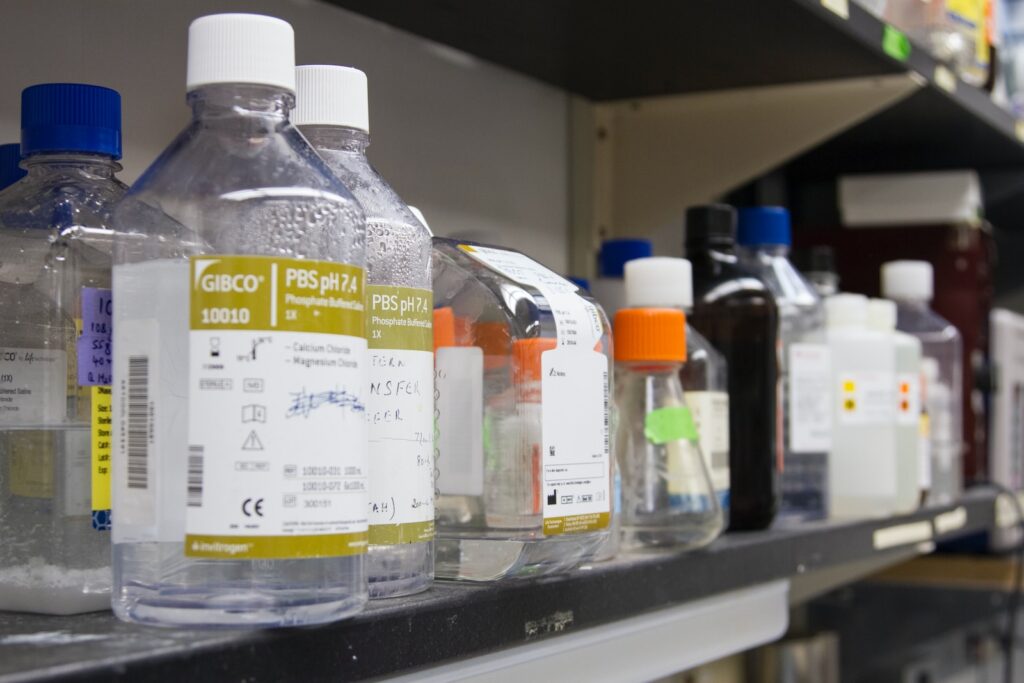Plastic treaty talks show ‘zero ambition’ for protecting human health
Earlier this month INC-3 took place in Nairobi, Kenya, where global policy makers met to try and finally flesh out an internationally binding treaty on plastic pollution, including the marine environment. Scientists are unimpressed.
Now a group of international scientists, led by thee want to raise awareness for a complete lack of scope at the negotiating table. Experts from the US, Netherlands and UK are among those to sign the document. Among other things, they believe far more needs to be done to prioritise human health in the plastics debate.
Each year, we produce 400million tonnes of plastic containing 16,000 known chemical components. Many of these are directly linked to endocrine disruption, fertility issues, heart disease and cancer. This has been shown to have a direct impact on communities close to the sites of production, and when allowed to enter water supplies and seas these elements can have a devastating effect on human health among a far wider population.
The scientists speaking out are demanding that key parts of their Health Scientists Global Plastic Treaty must be included in any ratified agreement between countries. The current iteration, known as the UN-published Zero Draft ‘falls short’ of this requirement and is not ‘strong enough to protect the health of future generations’.
‘The Global Plastics Treaty is a once-in-a-century opportunity to protect human health from toxic polluting plastic. World leaders cannot afford to leave their populations vulnerable to the toxic effects of plastic,’ the open letter reads. To be truly impactful, the agreement must: ‘reduce the production volumes of plastics… eradicate all but verifiably essential single-use plastic items… mandate proper testing of all chemicals in plastics… prohibit ‘the chimera of chemical recycling’ of plastic.’
The negotiating process so far has done little to fully consider human health impact. However, our launch of the Health Scientists’ Global Plastic Treaty, written to protect human life, was standing-room only, attended by delegates, scientists, lawyers and industry. People know this is a historic moment,’ said Sian Sutherland, Co-Founder of A Plastic Planet. ‘The demands laid out in the Health Scientists’ Global Plastics Treaty are ambitious – some may consider them unreasonable.
‘But it is not the role of scientists to be popular, nor is it the role of science to be ‘reasonable’, the continued. ‘It is the role of science to be truthful, to report the proven data and to be clear on the impacts if this research is not heeded. Our message to the delegates is simple. Will you create a UN Plastics Treaty that protects the future profits of the fossil fuel industry or will you create a Treaty that protects the future health of your people.’
More on plastics:
Plastic-eating enzymes offer new hope for pollution solution
Public believes plastic will soon be history as single-use ban begins
Image: National Cancer Institute

















